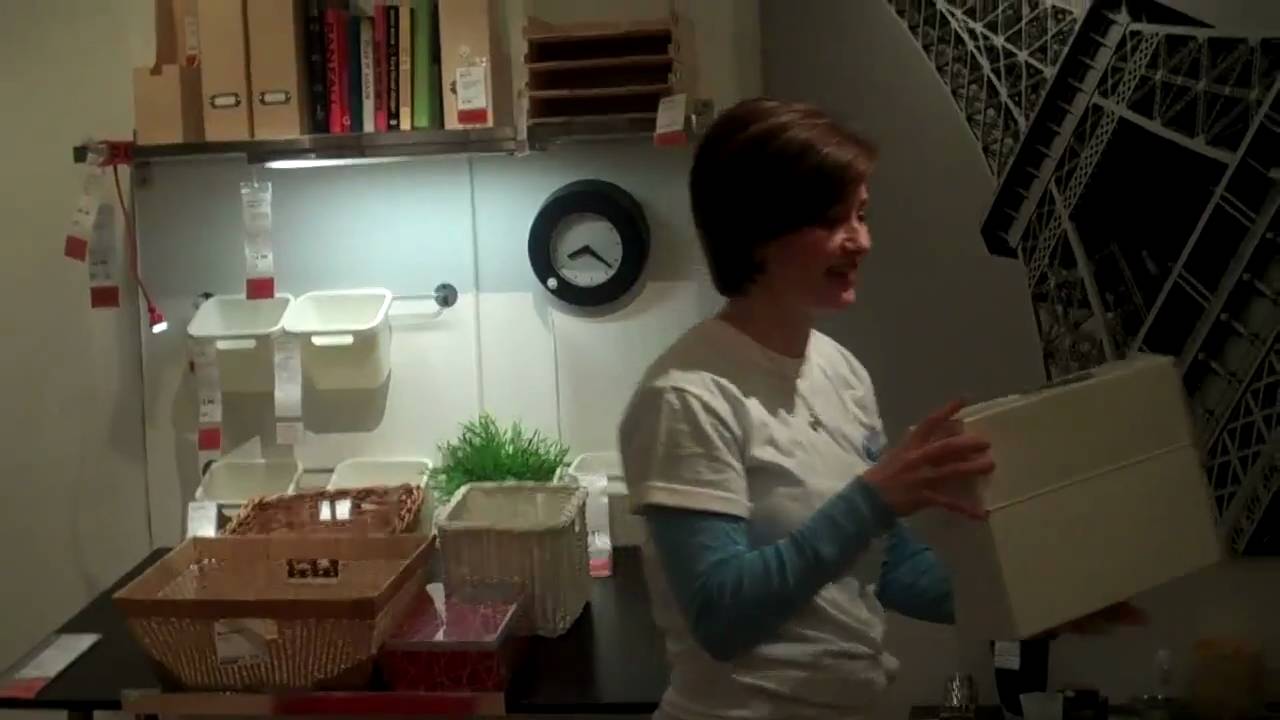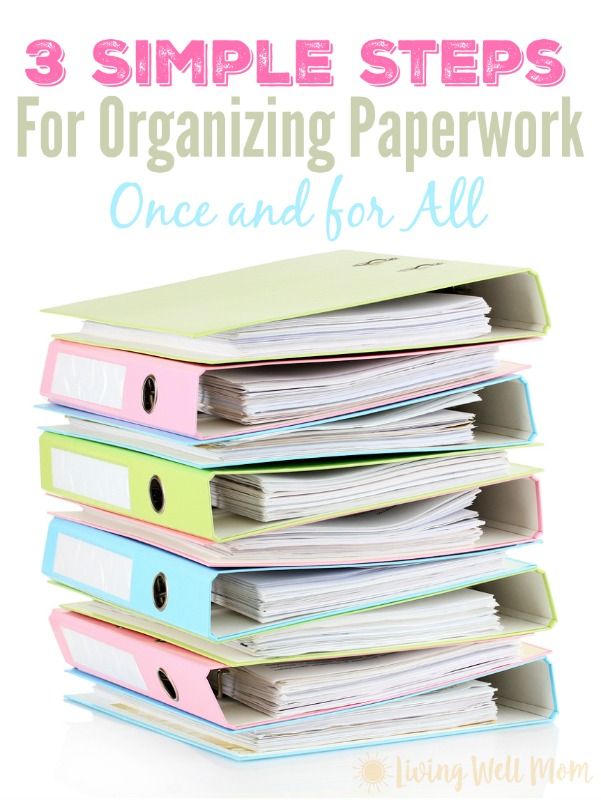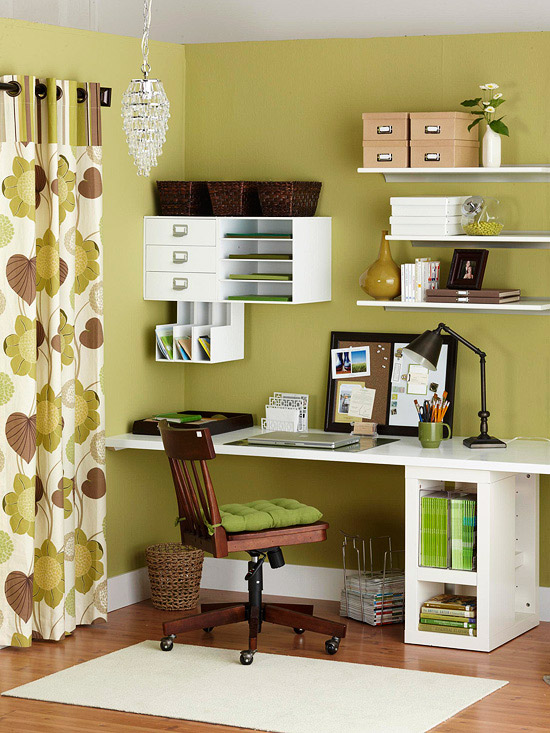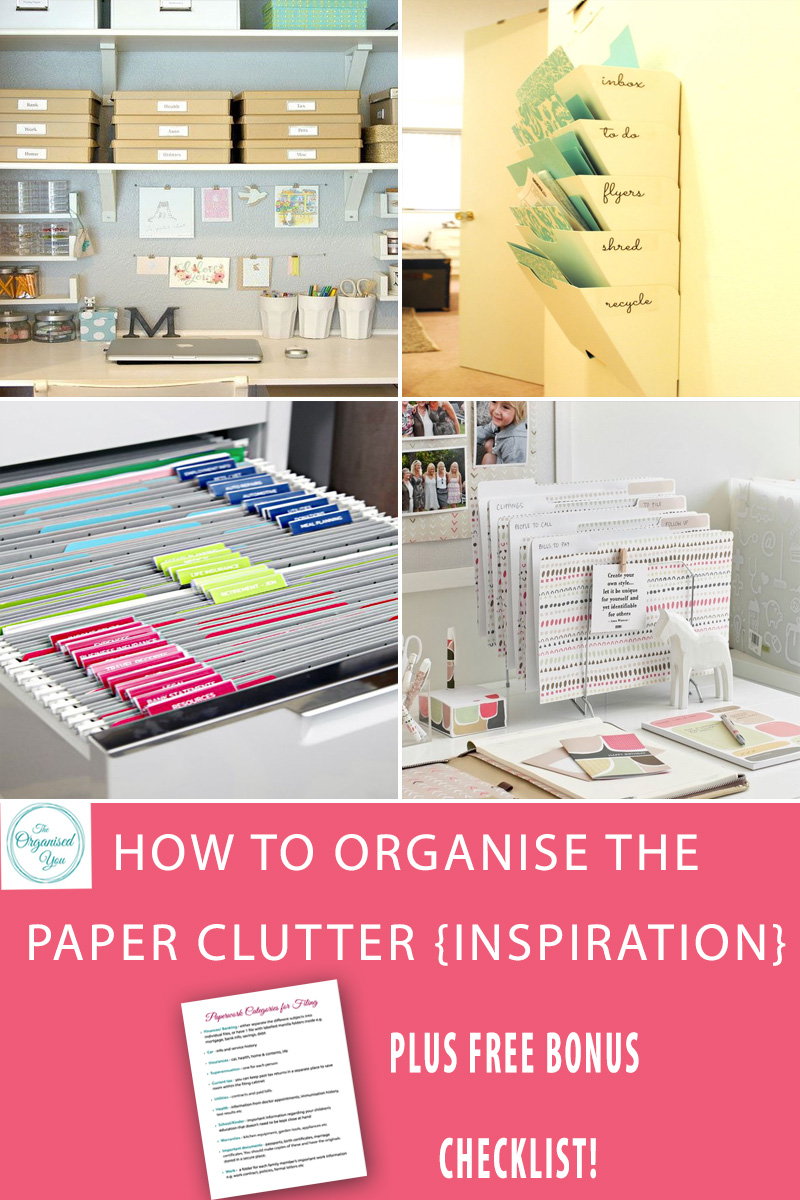Master File Organization: Tips for Clutter-Free Paperwork

Mastering file organization can revolutionize your day-to-day operations, whether you're managing a home office or running a corporate enterprise. The simple act of organizing paperwork can lead to increased productivity, reduced stress, and a clearer mind. In this extensive guide, we'll walk you through various strategies and tips to keep your paperwork clutter-free, ensuring that you can easily access important documents when needed.
Why Clutter-Free Paperwork Matters

In today's fast-paced world, the ability to locate and manage documents efficiently can be the difference between meeting deadlines and incurring unnecessary delays. Here are some reasons why efficient file organization is crucial:
- Time-Saving: Organized files mean less time searching for documents.
- Stress Reduction: A clutter-free environment reduces mental clutter, leading to less anxiety.
- Compliance and Accountability: Quick access to records can ensure compliance with regulations.
- Productivity Boost: A well-organized system allows for smoother workflow and better task management.

1. Sort and Categorize

The first step in mastering file organization is sorting through your existing paperwork:
- Essential Documents: Identify documents critical for business or personal records like legal papers, financial statements, and contracts.
- Archival Material: Keep long-term storage items like old records or sentimental documents that don't require immediate access.
- Reference: Papers that you reference occasionally, like manuals or policy documents.
- Ephemeral: Documents that you'll only need temporarily, like receipts for returns.
- Recycle: Sort out what can be discarded or shredded safely.
🔹 Note: Regularly review and update your categories as your needs change.
2. Implement a Filing System

Here's how you can set up an effective filing system:
- Alphabetic Filing: Ideal for names, but not always for categories that might have many variations.
- Chronological Filing: Organize by date when the timeline is critical.
- Numeric Filing: Assign numbers to documents or files for a highly systematic approach.
- Subject Filing: Categorize by theme or project, which is more intuitive for many.
Choose a method that aligns with your workflow and stick to it. Consistency is key to maintaining an organized system.

3. Physical Storage Solutions

Once categorized, store your documents in ways that ensure longevity and easy retrieval:
- Filing Cabinets: Use lockable cabinets for confidential documents.
- Accordion Files: Good for smaller collections or portable needs.
- Hanging Folders: They offer color-coding possibilities for quick identification.
- Binders: Perfect for binders of documents that need to stay together, like project reports.
🔹 Note: Consider fireproof or water-resistant storage for critical documents.
4. Digital Organization

In the digital age, managing electronic documents is just as vital:
- Cloud Storage: Services like Google Drive or Dropbox provide remote access and backups.
- Document Management Software: Tools like DocuWare or Adobe Acrobat can automate filing.
- File Naming Conventions: Consistent naming ensures easier searches.
- Metadata Tags: Use tags for additional search criteria.
5. Regular Maintenance

Like any system, your filing system needs regular upkeep:
- Weekly Review: A quick check to file incoming documents or eliminate unneeded ones.
- Monthly Clean-Up: A deeper review to reorganize, archive, or dispose.
- Annual Audit: To assess the effectiveness of your organization strategy and make adjustments.
Ensuring that you regularly engage with your filing system will keep it efficient and adaptable to your changing needs.

6. Accessibility and Security

While organizing, keep accessibility and security in mind:
- Access Control: Limit access to sensitive documents using locks, passwords, or permissions.
- Backup Systems: Always back up physical files digitally and vice versa.
- Disaster Preparedness: Have a plan for retrieving or replacing documents in case of emergency.
Final Thoughts

In conclusion, mastering file organization is not just about cleanliness or order; it's about creating an environment that supports efficiency, reduces stress, and allows for a more productive use of time. By sorting, categorizing, implementing a filing system, utilizing both physical and digital solutions, maintaining regularly, and ensuring accessibility and security, you can transform your paperwork management. Remember, the goal is to make your life easier, not to create another task to manage. With these tips, you're well on your way to maintaining clutter-free paperwork.
What is the best way to categorize documents?

+
Categorization should align with your needs. Common categories include essential documents, reference materials, archival items, ephemeral papers, and items to recycle or shred.
How often should I review my filing system?

+
At least weekly for new documents, monthly for a thorough cleanup, and annually for an audit to ensure the system remains effective and relevant.
Can cloud storage be my primary document management system?

+
Yes, especially if you have remote access needs and robust backup systems. However, keeping physical backups for critical documents is still recommended.
What should I do with sensitive documents?

+
Store sensitive documents securely with access control, use shredding services when disposing, and consider encrypting digital versions.
How do I deal with digital clutter?

+
Regularly clear out old files, use folders or tags to categorize, and utilize search functionalities and file-naming conventions to keep your digital files organized.